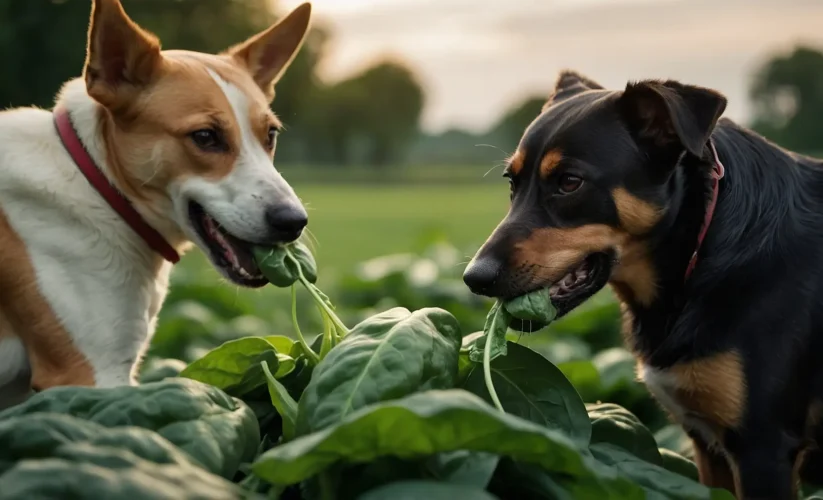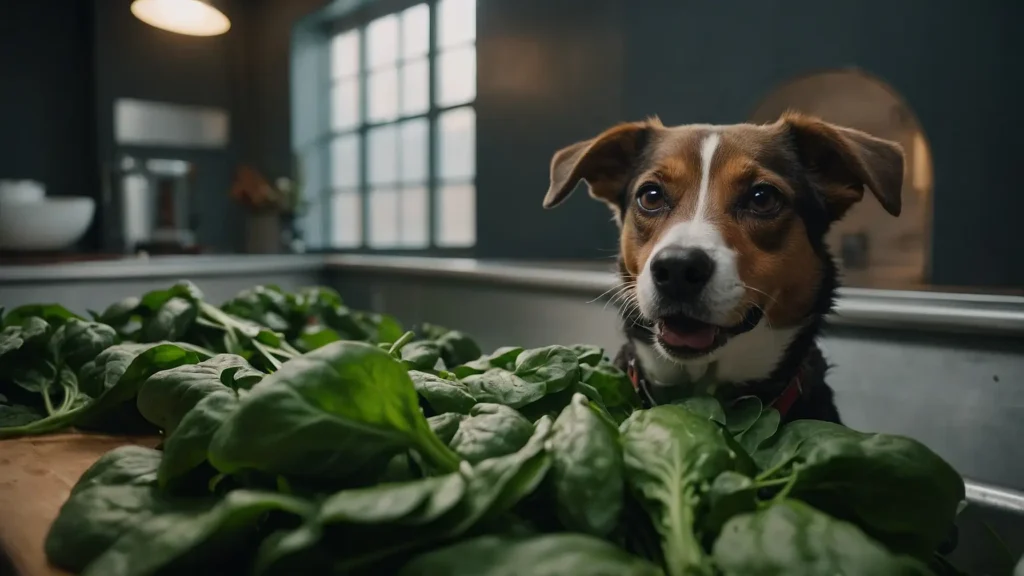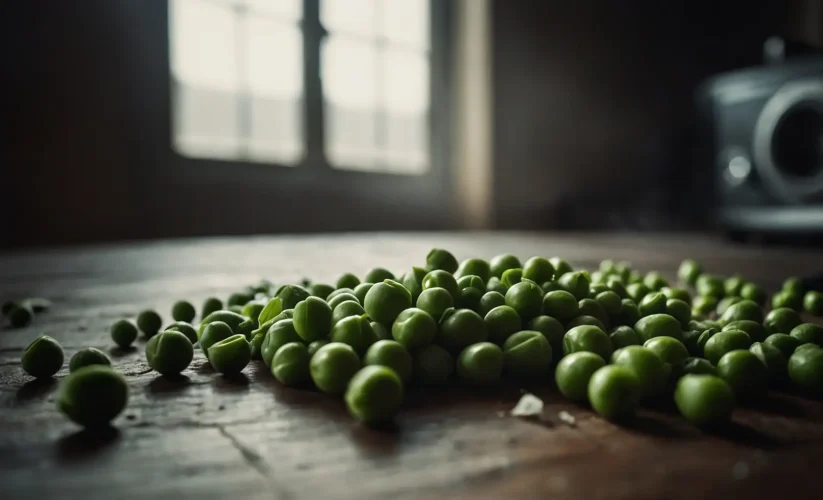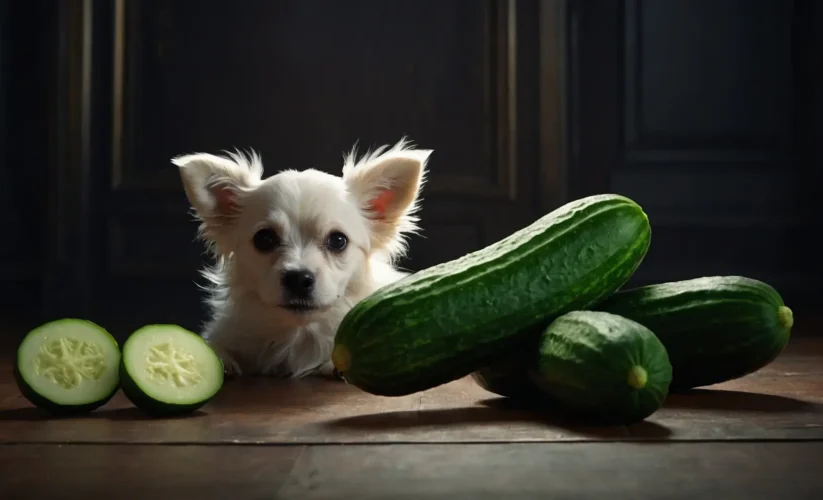Can Dogs Eat Spinach?

As a dedicated dog owner and passionate blogger on canine care, I constantly seek to share insights that empower fellow pet parents to make informed decisions about their furry friends’ diets. Today, we delve into a common question that puzzles many: Can dogs eat spinach? This leafy green is celebrated for its nutritional benefits in humans, but does it hold the same value for our four-legged companions? Understanding the intricacies of a dog’s dietary needs is crucial, as what’s beneficial for humans can sometimes lead to complications in pets. In this comprehensive guide, we’ll explore the benefits and potential drawbacks of incorporating spinach into your dog’s diet and discuss the safety of other common vegetables.
Is Spinach Good for Dogs?
Spinach is a powerhouse of nutrients, packed with vitamins A, C, and K, iron, antioxidants, and fiber, which can offer several health benefits to dogs when consumed in moderation. Vitamin A supports eye health and immune function, while vitamin C acts as an antioxidant, reducing inflammation and aging effects. Vitamin K plays a vital role in blood clotting. The fiber content in spinach can aid in digestion, helping to keep your dog’s bowel movements regular.
However, the key to spinach’s benefits lies in moderation. Introducing spinach into your dog’s diet should be done gradually to avoid digestive upset. It’s also advisable to steam or cook spinach lightly (without added oils or seasonings) to enhance its digestibility, as raw leaves can be tough for dogs to break down. Small, manageable quantities can be a healthy addition to their diet, offering a nutritional boost alongside their regular dog food.
Is Spinach Bad for Dogs?
Despite its benefits, spinach should be approached with caution. One of the primary concerns is its high oxalate content, which can lead to kidney and urinary problems in dogs, especially those with existing kidney issues. Oxalates can interfere with calcium absorption, potentially leading to kidney stones. For dogs predisposed to kidney problems, spinach might pose more risks than benefits.

Another consideration is the size and preparation of spinach. Large, unchopped leaves can be difficult for dogs to digest and may cause choking hazards. Therefore, it’s essential to chop spinach into small, bite-sized pieces and preferably cook it to aid in digestibility.
Given these concerns, spinach should not be a large part of your dog’s diet. It’s best served as an occasional treat rather than a staple. Always consult with a veterinarian before introducing any new food into your pet’s diet, especially if your dog has pre-existing health conditions.
Are Other Vegetables Safe For Dogs?
When it comes to adding variety to your dog’s diet with vegetables, it’s crucial to know which ones are safe and beneficial. Carrots, peas, and mushrooms offer different nutritional profiles and considerations:
- Carrots are an excellent low-calorie snack that is high in fiber and beta-carotene, which produces vitamin A. They can help maintain dental health by acting as a natural chew toy.
- Peas are a good source of vitamins A, B, and K, along with minerals like iron and zinc. They’re also rich in protein and fiber. However, it’s important to avoid canned peas due to their high sodium content.
- Mushrooms can be tricky; while certain types are safe for dogs, others can be highly toxic. Store-bought plain mushrooms like button, portobello, and shiitake can be safe in small quantities. Yet, wild mushrooms should be avoided entirely due to the risk of toxicity.
Each of these vegetables can be a healthy addition to your dog’s diet when served properly: cooked without any oils, butters, or seasonings, and in moderation.
Final Thoughts
Incorporating vegetables like spinach into your dog’s diet can offer nutritional benefits when done correctly and in moderation. However, it’s crucial to weigh the pros and cons, especially with foods that carry potential health risks like spinach. Consulting with a veterinarian before making dietary changes is always recommended to ensure these changes benefit your dog’s health and well-being.
Carrots, peas, and certain types of mushrooms can also serve as nutritious snacks for your dog, provided they are prepared safely and offered in moderation. Ultimately, a balanced diet tailored to your dog’s specific health needs, breed, and age is key to maintaining their health and happiness. As pet owners, our goal is always to provide the best care for our furry family members, ensuring they live long, joyful, and healthy lives beside us.










